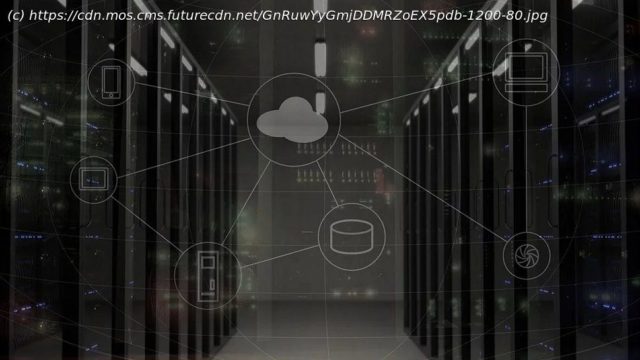Blowing hot and cold about colocation services? Here are some key considerations when deciding on the best data center arrangements for your business.
Colocation services have moved on. Yes, you still have the option of the empty warehouse to fill as you will. But today you have many more choices, right up to the more sophisticated colocation data centers that run warm and cold aisles, ecologically protecting your business-critical hardware from warm exhaust air. According to a May 2020 report from ResearchAndMarkets.com, the colocation market is set almost to double by 2025, reaching a projected value of GBP 36.2 billion. If nothing more, colocation is a hot one to watch. And future trends in colocation services are shifting as factors such as COVID-19,5G and AI computing-as-a-service are changing workforce operations, systems management and business requirements for secure, low latency, high-powered technology. Whether you’re reviewing your existing colocation services or considering them for the first time, what do you need to know? Firstly… Colocation services are data center services where you locate your own servers and other computing hardware and storage systems in an offsite, third-party data center. Typically, you pay a monthly fee for five key elements, which include: Floor space This may or may not include racks and cabinets for equipment. Physical security You should expect 24/7 surveillance and on-site guards. Biometric authorization is common among newer data centers. Power To reduce the risk of downtime, modern data centers usually provide redundant power sources backed by an emergency electrical Uninterrupted Power Supply (UPS) system and a good old-fashioned diesel generator for that extra piece of mind. Networking Most data centers still expect you to arrange and manage your own Internet connectivity, which isn’t always practical depending on your internal resources. For example, you may not want to spare the manpower or time to set up and manage contracts with multiple carriers or telecoms providers and so on. A colocation service that offers a network service spares you that time and hassle. They provide you with uplinks to your platform while they handle the routing and contracts. You would expect this type of service to offer 24/7 support. Cooling Colocation services can lower the power costs for cooling, especially as some data centers are starting to invest in more ecologically sound technologies, whose lower costs are shared across multiple customers.






